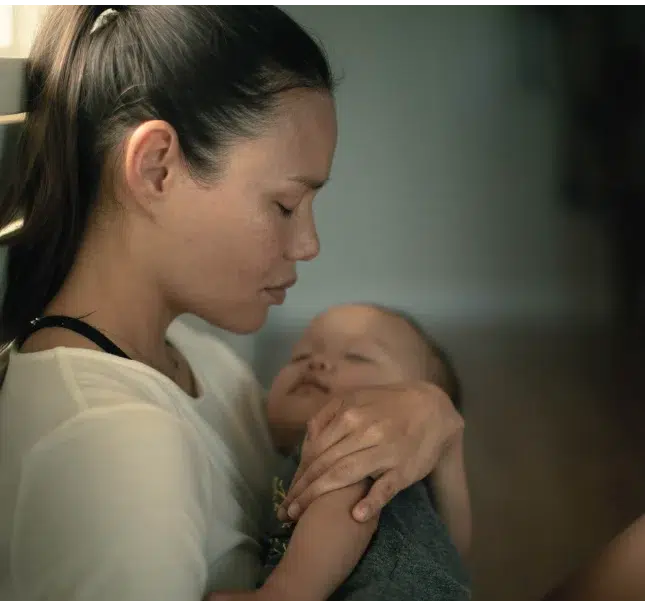Counselling – what is it and how can it help?
June 15, 2021
The topics of therapy and counselling can be difficult for a lot of people to broach. Maybe you’re not sure what each entails, or you’re unsure about this path and if these services will work for you. Perhaps you have no idea what to expect, and it makes you nervous. That’s totally understandable and we hear this all the time.
Whatever the reason, you’re not alone. Research shows that one in five Australians between the ages of 16 and 85 experience mental illness in any given year. Counselling can help, and we’re going to outline everything you need to know below.
How counselling and psychology differ
One of the first things you may want to get your head around is how counselling and psychology differ. A lot of people mistakenly think that they’re the same thing because they appear similar on the surface, but this is a common misconception. Counselling and psychology engage different tools and strategies to help their clients.
In therapy, a psychologist will use processes and techniques to help treat their clients. These techniques and processes have extensive psychological research behind them. This process involves finding the root causes of problems and discussing workable solutions. Therapy helps to equip clients with the skills they need for ongoing self-knowledge and self-reflection. In turn, this helps people understand their unconscious triggers, behaviours and thoughts.
Counselling can also dig deeper into issues. However, counselling is typically meant for short-term use, unlike psychology. The goal is to help the clients make decisions for themselves and take action to implement these decisions.
Reasons why adults may attend counselling or therapy
There are a myriad of reasons why someone may choose to go to counselling sessions or therapy. High stress, feeling a lack of control or just wanting someone to talk to about problems or issues can be driving factors. A few more factors include:
- Dealing with anxiety and depression
- Dealing with loss or grief
- Feeling like you lost control or direction
- Feeling alone or isolated
- Having gone through a traumatic event
- Having undergone a large life change
- Relationship issues
- Addiction
- Having negative thoughts or mood swings.
There are more reasons why an adult would seek counselling, but these tend to be the main factors. The good news is that there has been a 5.5% increase in the number of psychologists available, so this can make it easier to find and attend therapy sessions when you need it.
Reasons why children may attend counselling sessions
Children can also attend counselling sessions, and we also offer play therapy at CatholicCare for children ages 3 to 12. Here children can “play out” their feelings, experiences and thoughts using toys instead of words. This process helps children engage in an evidence-based and developmentally appropriate form of counselling. A few reasons why a child may attend these sessions include:
- Learning difficulties
- Bullying
- Dealing with emotional, physical or sexual trauma
- Eating disorders
- Emotional or behavioural issues
- Family changes.
You may be interested in another of our blogs ‘How do I know if my child needs therapy?’
What to expect from a counselling session with CatholicCare
When you come to a counselling session at CatholicCare, your session will typically last 50 minutes, but it can vary. The therapist or counsellor will sit down with you and talk about your concerns and address any questions you have. They’ll address what brought you to this session and what you want to achieve.
The therapist will gather information about any medications you take, your history and your current situation. Most importantly, we’ll give you a confidential and safe space to help you work through any issues or discuss your concerns. Our goal is to give you the insight you need to move forward with your life in a fulfilling and positive manner.
Contact CatholicCare for more information
If you’re interested in counselling services for yourself or a family member we can help. You can also meet with a Psychologist. We encourage you to get in touch with our staff at CatholicCare to discuss your options and make an appointment to get on the road to improving your mental health and living life to the fullest.
More news stories like this one
Changing lives through literature
Many of us take it for granted that our kids will grow up learning to read and write, yet for many children throughout Australia, this is not the case. Lack of education and early literacy can affect children throughout their lives and lead to psychological damage, poor health, fewer job opportunities and lower incomes.
Read MoreBuilding a support network makes all the difference for Julia
It was May 2022, and Julia’s whole body went numb as she sat in a hospital room with her 14 year old daughter, Anna. They'd been discharged from the hospital, but they had nowhere to go.
Read MoreThe importance of post natal mental health
Parenthood can be an extremely emotional time for everyone as it brings immense change. It can be both joyous and...
Read More


